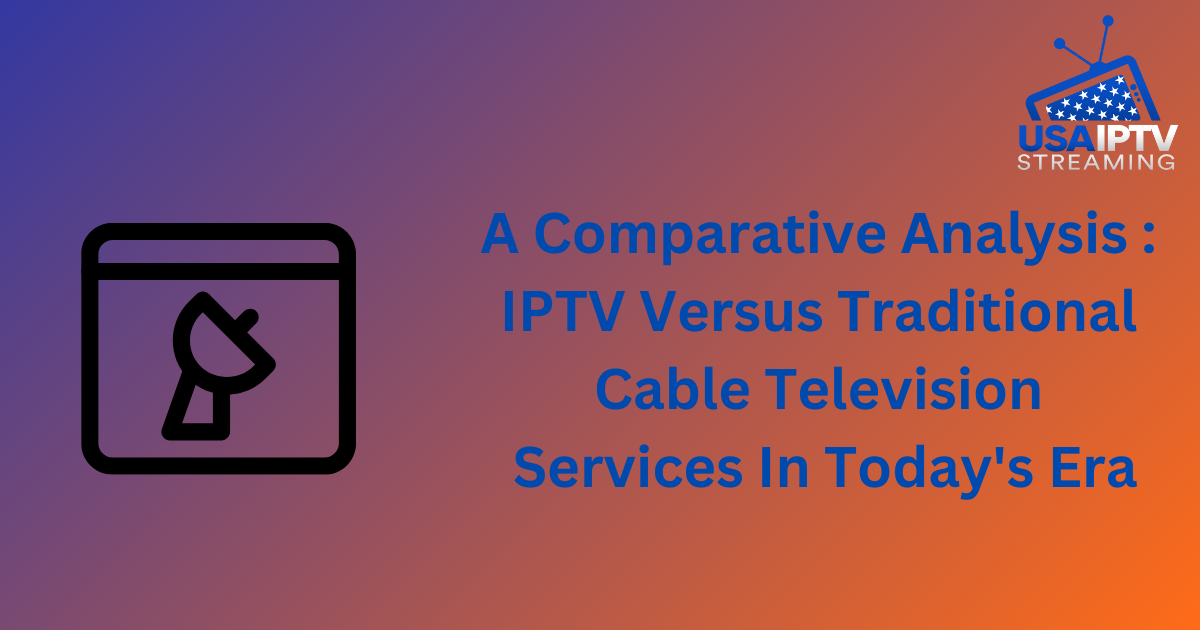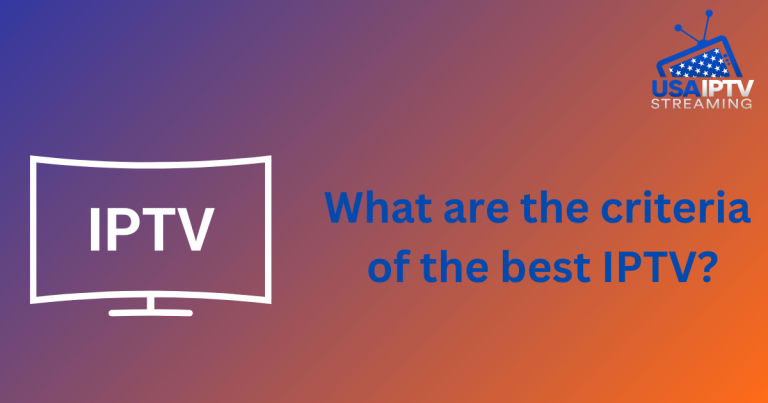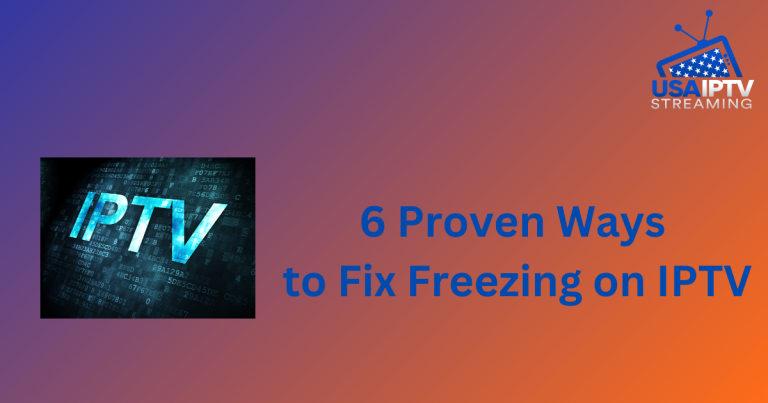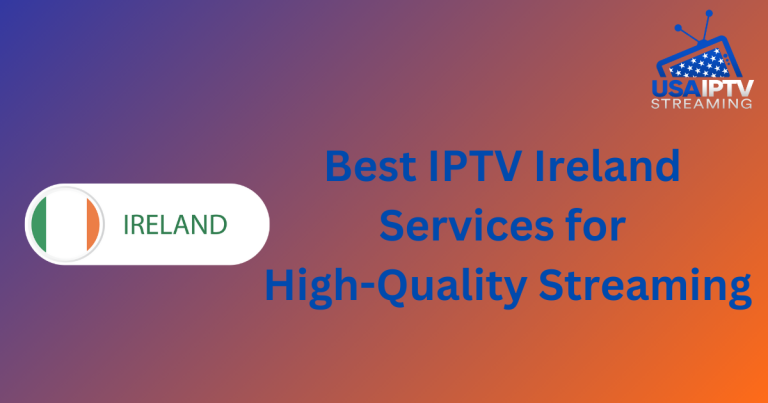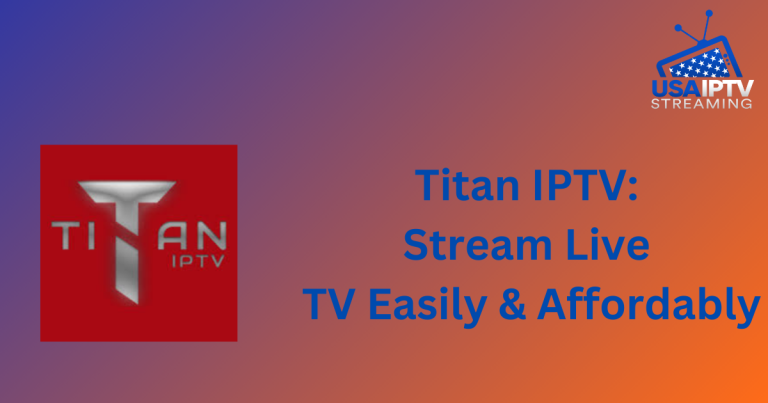A Comparative Analysis : IPTV Versus Traditional Cable Television Services In Today’s Era
Introduction
Cable television has been a dominant force in the entertainment industry for decades, providing viewers with a reliable source of news, sports, and entertainment. However, the digital age has ushered in a new era of content consumption, with Internet Protocol Television (IPTV) emerging as a formidable alternative. As consumers increasingly seek flexibility, personalization, and cost-effectiveness, the debate between Best IPTV and traditional cable television has become more relevant than ever. This analysis aims to explore the key differences between these two services, helping you make an informed decision based on your entertainment needs.
The Evolution of Entertainment Content
Traditional cable television is often criticized for its rigid programming structure. Viewers are limited to watching content at predetermined times, with little control over what is available. This lack of flexibility can be frustrating, especially when compared to the on-demand nature of IPTV.
IPTV allows users to select and stream content whenever they choose, offering a level of control that traditional cable cannot match. Popular IPTV apps such as IPTV Smarters Pro, Perfect Player, and VLC Player provide users with a wide array of content, from movies to television shows, all accessible with just a few clicks. This adaptability is particularly appealing in today’s fast-paced world, where convenience and immediacy are highly valued.
Device Compatibility and Accessibility
One of the major limitations of traditional cable television is its restricted device compatibility. Typically, cable services are confined to a television set connected to a cable box. In contrast, IPTV services are designed to be accessible across a wide range of devices, including smartphones, tablets, laptops, and smart TVs.
IPTV Smarters Pro, for example, is compatible with Android, iOS, Windows, macOS, and various smart TV platforms. This multi-device compatibility means that users can watch their favorite shows on the go, whether they’re at home or traveling. The ability to stream content on multiple devices simultaneously further enhances IPTV’s appeal, providing a seamless viewing experience across different environments.
Content Delivery and User Experience
Cable television relies on a traditional broadcasting model, where content is delivered according to a fixed schedule. Viewers have little to no control over when specific programs air, often leading to missed episodes or inconvenient viewing times.
IPTV, on the other hand, offers a vastly different experience. Content is delivered over the internet, allowing users to access their favorite shows and movies on demand. This shift from scheduled programming to on-demand content represents a significant evolution in the way we consume media. IPTV services also typically feature user-friendly interfaces that make it easy to navigate through a vast library of content, further enhancing the overall user experience.
Pricing and Contract Flexibility
When it comes to pricing, traditional cable television often requires long-term contracts and additional fees for premium channels. These contracts can be restrictive, with limited options for customization. In contrast, IPTV services tend to offer more flexible pricing models. Many IPTV providers offer subscription plans without the need for long-term commitments, allowing users to pay on a month-to-month basis.
Additionally, because IPTV requires an internet connection, many providers offer bundled packages that combine internet and television services, potentially resulting in cost savings. This flexibility in pricing and contract terms makes IPTV an attractive option for budget-conscious consumers.
Customization and Personalization
Customization is another area where IPTV outshines traditional cable television. With cable, viewers are often limited to a predefined set of channels, many of which they may never watch. IPTV services, however, allow users to tailor their viewing experience to their specific interests. Whether it’s selecting specific channels, creating personalized playlists, or even choosing the language of the content, IPTV offers a level of customization that traditional cable cannot match.
This ability to personalize the viewing experience not only enhances user satisfaction but also ensures that viewers are getting the most value out of their subscription.
Quality and Reliability
One of the primary reasons many consumers stick with traditional cable television is its reputation for reliability. Cable services are known for providing a stable connection with consistent picture quality, largely unaffected by internet fluctuations. However, IPTV’s quality is directly tied to the strength and stability of the user’s internet connection. Poor internet connectivity can result in buffering, reduced picture quality, and interrupted service.
That said, the rollout of 5G networks and advancements in broadband technology are helping to mitigate these issues, making IPTV a more viable option in areas with strong internet infrastructure. As these technologies continue to evolve, the gap in reliability between cable and IPTV is expected to narrow.
Dynamic Viewing Experience
The static nature of cable television is in stark contrast to the dynamic viewing experience offered by IPTV. With cable, viewers are passive recipients of content, with little opportunity to interact or engage with what they’re watching. IPTV, however, empowers viewers to take control of their entertainment.
Whether it’s pausing a live show, rewinding to catch something they missed, or skipping through commercials, IPTV provides a level of interactivity that traditional cable cannot offer. This adaptability to user preferences is particularly appealing in today’s entertainment landscape, where viewers expect to have control over what, when, and how they watch.
Future Potential and Technological Advancements
The future of cable television remains uncertain, with many predicting a decline as more consumers shift to digital platforms. While cable providers are making efforts to modernize their offerings, the rigid structure of traditional broadcasting makes it difficult to compete with the flexibility and innovation of IPTV.
IPTV, on the other hand, is poised for significant growth. As internet speeds continue to improve and new technologies such as 5G become more widespread, the potential for IPTV to deliver high-quality, uninterrupted content will only increase. Furthermore, IPTV services are better positioned to adapt to emerging trends in content consumption, such as interactive TV and augmented reality, ensuring their relevance in the years to come.
Security and Privacy Considerations
Security and privacy are important considerations when choosing between IPTV and traditional cable. Cable TV services have established protocols for protecting user data, but they are not immune to security breaches. IPTV services, being internet-based, are potentially more vulnerable to cyber threats, including hacking and data breaches.
However, many IPTV providers are implementing robust security measures to protect user information, including encryption and secure authentication processes. It’s crucial for users to be aware of these risks and to choose reputable IPTV services that prioritize security and privacy.

